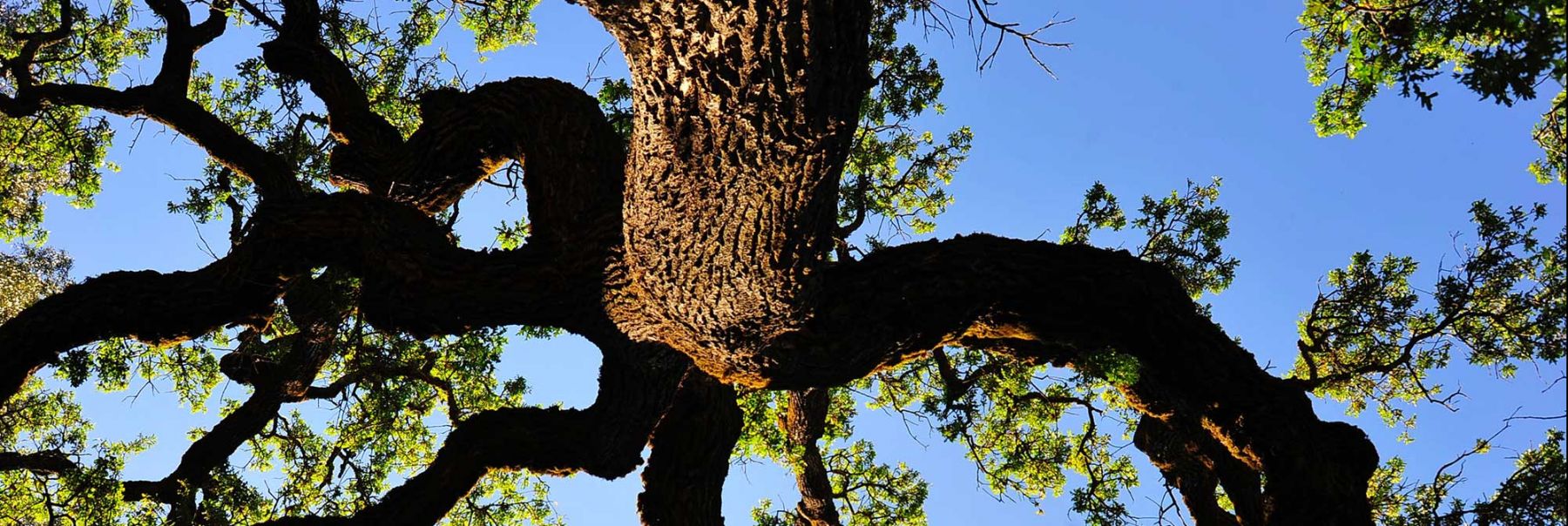This is the space for lab values, expectations, protocols and general philosophy. This is meant to be a collection of living, collaborative documents addressing topics ranging from Field Safety to expectations of Grad students and Postdocs, to racial justice and equity in the lab and Ecology more generally.
Our lab is dedicated to revisiting and updating these documents at least annually. I feel strongly that posting these publicly is a useful way to encourage accountability for myself (as PI) and to communicate our lab values to potential future lab members.
Lab Statement of Values
With conviction, we in the Anderegg Lab have a social environment that is welcoming, equitable and inclusive where scholars and visitors from diverse backgrounds and identities can flourish. We acknowledge that racism and other forms of systemic oppression targeting people based on their gender, sexual orientation, disability status, socioeconomic status, ethnicity, nationality and cultural practices were a part of our country’s establishment and continue to have profound and widespread negative impacts on our society to this day. Privileged, and commonly racist and oppressive, practices also have deep roots in academia and in the Biological and Environmental Sciences: from the long history of unfounded evolutionary arguments used to justify ‘race science’ and eugenics, to the colonial methods and even goals of classical conservation science that have led to the erasure, displacement and genocide of Indigenous peoples and cultures. The legacy of these oppressive practices has led to vast and persistent inequities in who gets to be a scholar, what questions get asked, and which communities benefit from research endeavors.
We support equity movements such as Black Lives Matter and commit to taking immediate and long-lasting action to combat widespread racism that targets our Black, Brown and Asian colleagues and community members. We acknowledge that we live and work upon the unceded ancestral land of the Chumash people, and that our field work brings us to many different indigenous territories across the state, country and around the world. As members of the University of California, we also continue to profit from the expropriation of 150,000 acres of Indigenous lands from across the United States through our endowment that was established via the Morrill Act in 1862 (R. Lee and T. Ahtone, High Country News, 2020). But we recognize that acknowledgement is not enough. Actively anti-racist actions and meaningful reparations are necessary to combat the inherent racism of the status quo, both in academia and in our country. As a group, we commit to developing tangible goals in our Commitment to Action to advocate for and support our BIPOC and LGBT+ colleagues and community members. Because we are constantly learning in this process, and because the inequities faced have their own and sometimes intersecting actions, our Commitment to Action will (soon) be a living document that we update at least yearly and we welcome new ideas.
